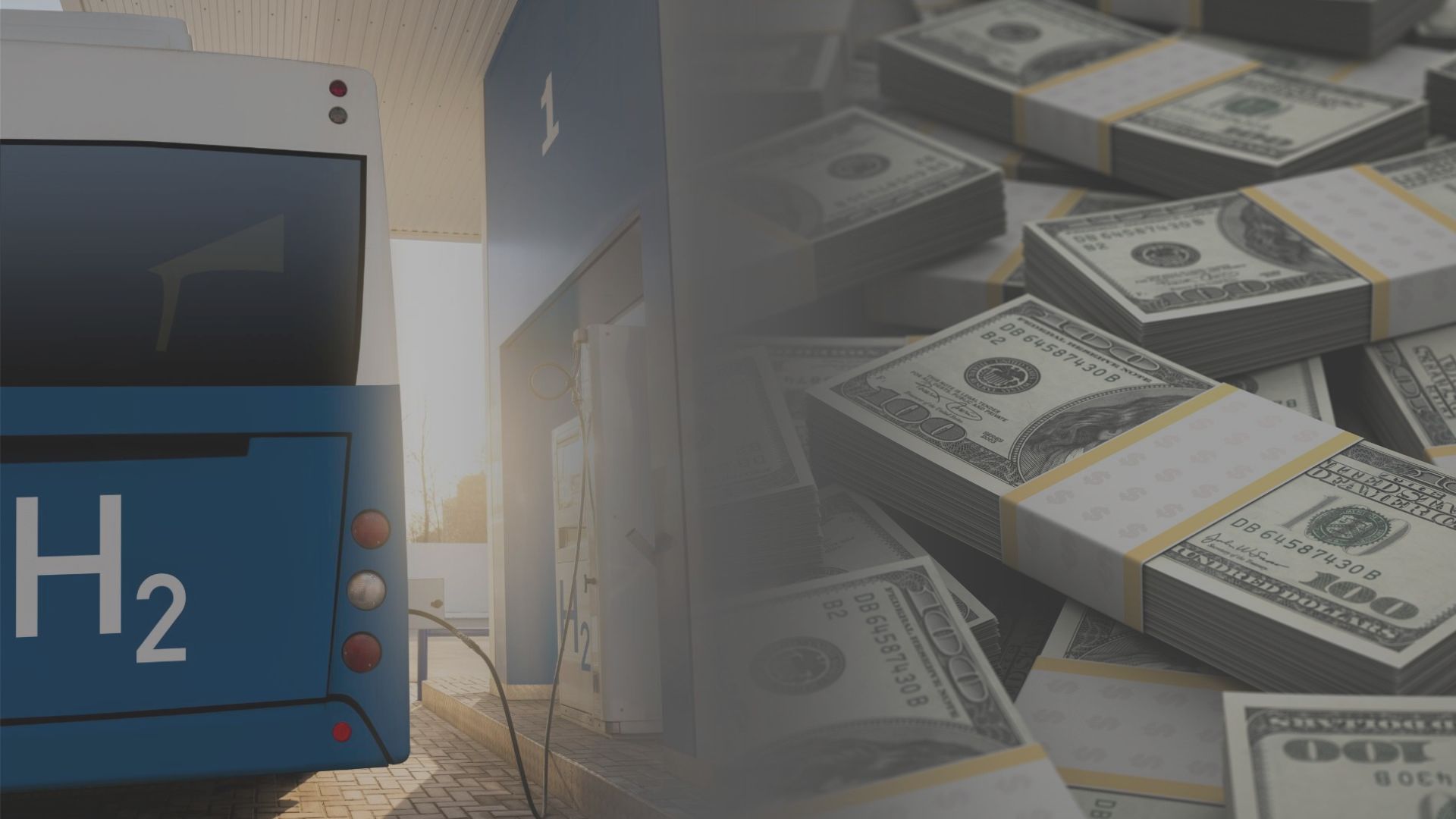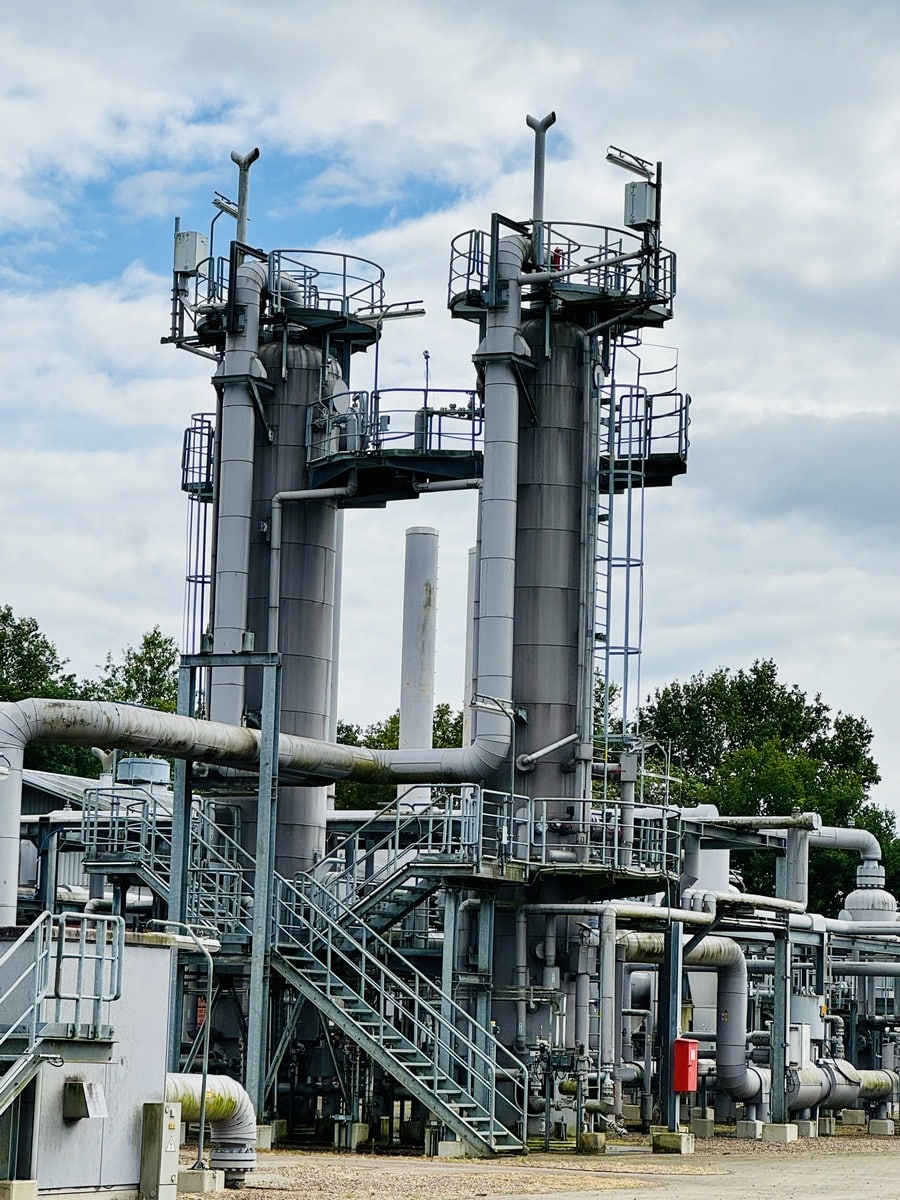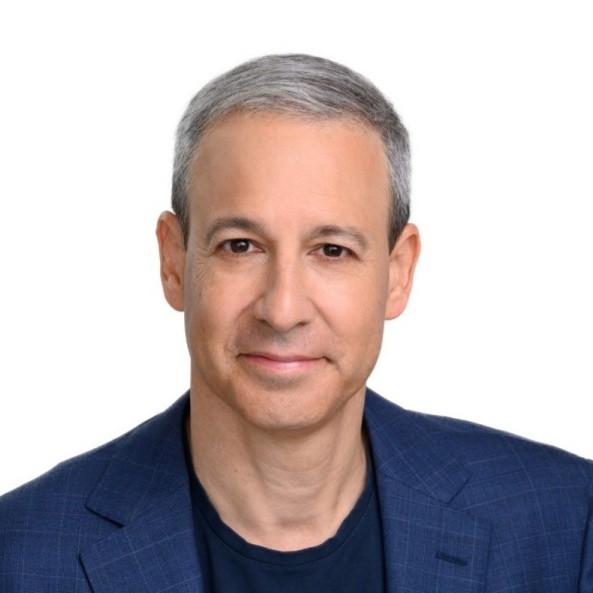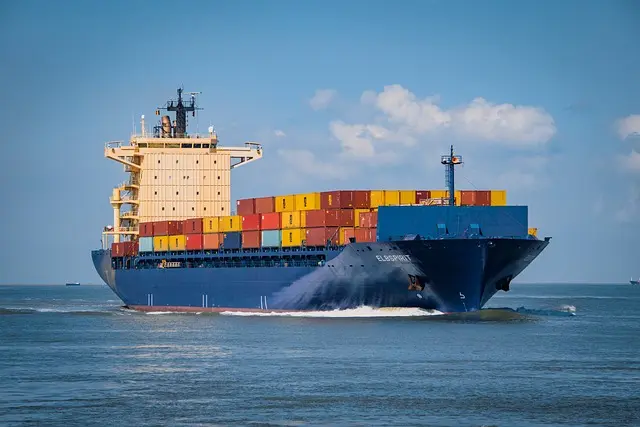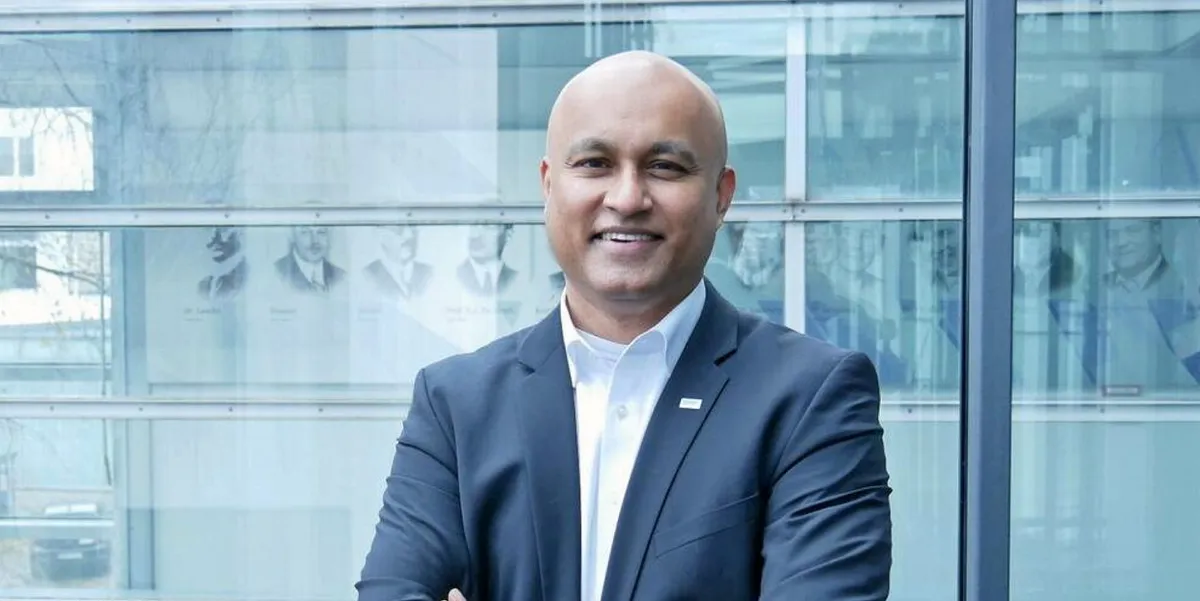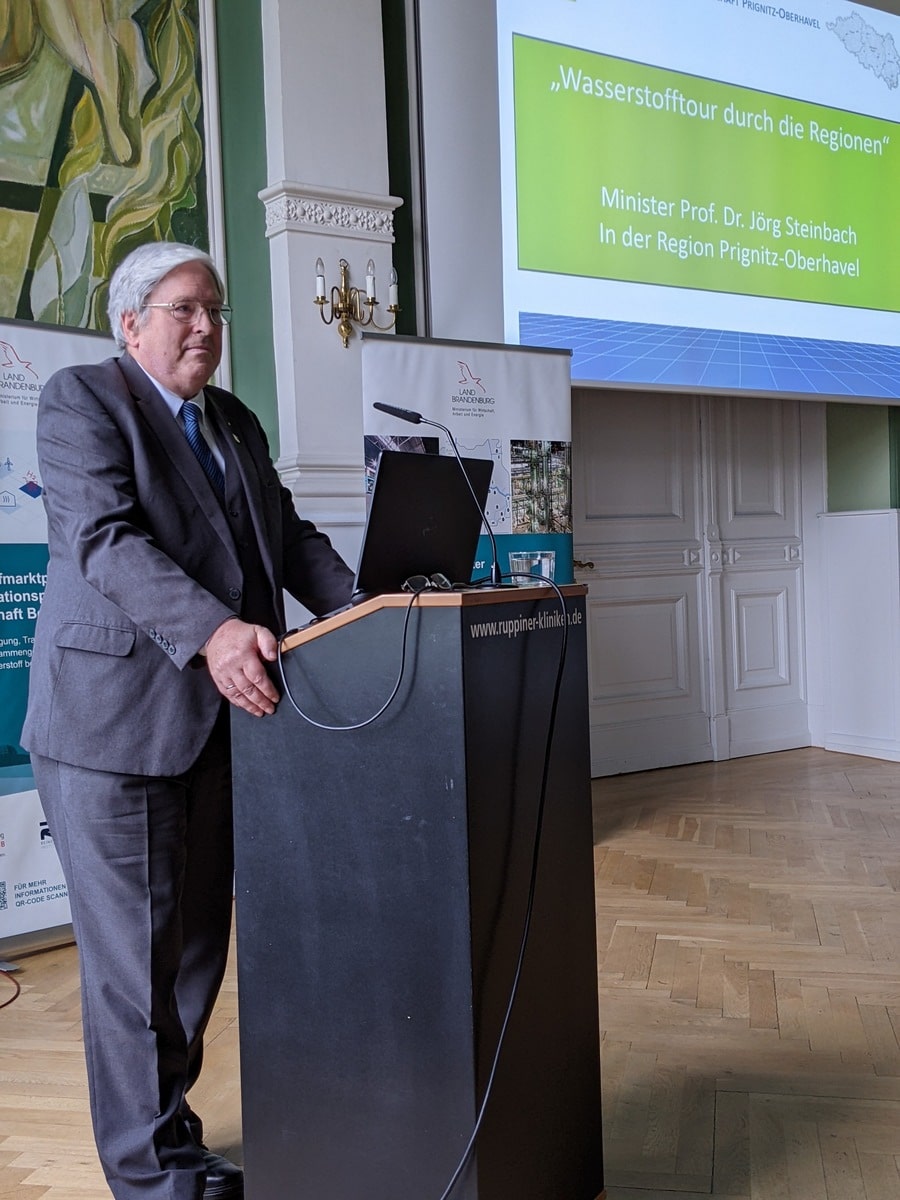
Water resources in the German state of Brandenburg have long been the subject of much discussion, even before the construction of the Tesla factory in Grünheide near Berlin. Similarly, the resident hydrogen industry has a need for large quantities of water. However, a recent study has now given the all-clear, confirming that Brandenburg has enough water.
In the feasibility study for the hydrogen starter network, annual demand for water (of potable quality) was assumed to be around 8 million cubic meters for optimized electrolyzer plants and up to around 37 million cubic meters for plants with open cooling systems and evaporative cooling. The report concluded that the supposed water requirement for developing local hydrogen potential would therefore equate to around 1 to 6 percent of Brandenburg’s current water extraction level (compared with the year 2019).
The region’s economy minister Jörg Steinbach acknowledges that water is a linchpin for the hydrogen industry while recognizing at the same time that it is not always widely available. This is why he says it’s important to always check water availability at a particular site. “When resources are limited, then the drinking water supply for residents, for example, comes before hydrogen production,” the minister stated.
The study is intended to illustrate the need for a transformation of the water system as part of the energy transition, explained course manager Martin Zerta from Ludwig-Bölkow-Systemtechnik. “The structural shift toward renewable hydrogen also provides the opportunity to optimize water extraction and usage, both now and in the future.” This includes, e.g., the potential use of wastewater. According to Zerta, this is an area where Brandenburg could harness synergies that exist between oxygen, wastewater and waste heat.
The study entitled “Water consumption in the context of hydrogen production in the state of Brandenburg” was commissioned by the Brandenburg ministry for economy, work and energy and prepared by a consortium comprising Ludwig-Bölkow-Systemtechnik, DHI WASY and Water Science Policy.


